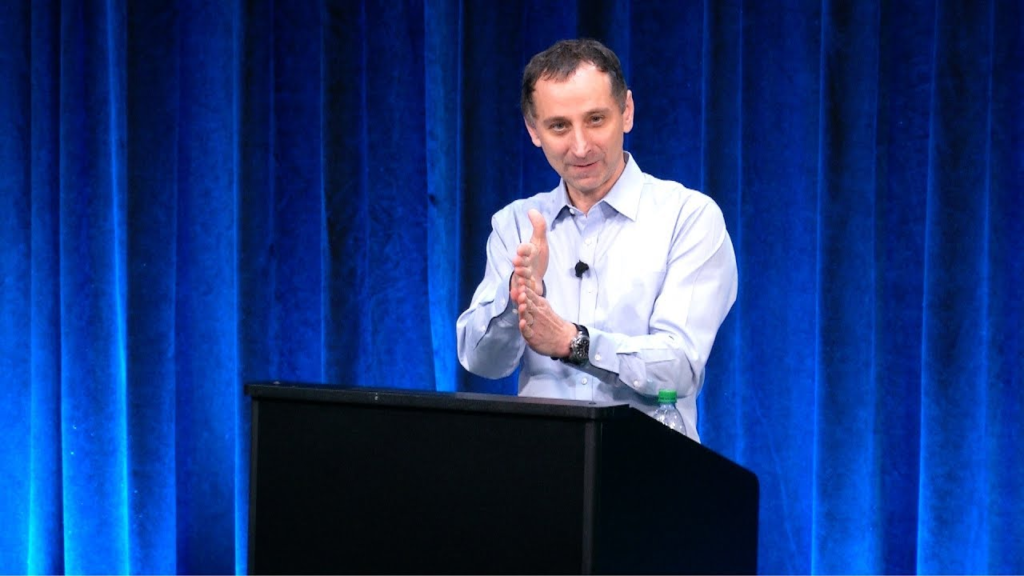FREE WILL: A Neuroscientist Explains the Radical Theory that… Our Free Will is just an Illusion

By Gene Kim, Jessica Orwig and Alana Kakoyiannis on May 17, 2017, from BusinessInsider Website
Dean Buonomano, a professor at UCLA and author of “Your Brain Is a Time Machine: The Neuroscience and Physics of Time”, gives a simple explanation of the theory of eternalism.
Your brain is a time machine: the neuroscience and physics of time – Anna’s Archive
Following is a transcript of the above video:
It seems that everything in the universe has already happened under eternalism.
In the context of physics, there’s two general views of the nature of time.
One we can think of is “presentism,” which only the present is real.
And the second, we can think of as “eternalism” in which the:
- past
- present
- future
are equally real.
And under this view, now is to time as here is to space.
In other words, just as I happen to be here now, it’s perfectly acceptable to me that there are other points in space I could be.
Similarly, just as I am here now, under eternalism, there’s plenty of other points in time, the past and future, where perhaps other versions of myself or other parts of my world line exist and are as real as I am.
Under eternalism, the question of free will and determinism becomes much less clear because it seems that everything in the universe has already happened under eternalism.
It’s called the “Block Universe” view in physics – in which everything has, in a sense, a manner of speaking, already happened.
And this would mean that what we think of as free will is, in a sense, an illusion.
But I think part of the challenge there is coming to terms of what free will means.
I think in reality from a neuroscience basis, what we should think of free will is simply a subjective feeling of your unconscious brain making decisions.
Pain might be a sense of what happens when somebody steps on our toe.
Free will is the subjective sense – the feeling we get when the unconscious brain makes the decision giving us the impression that it was the conscious mind that just made that decision.
A Neuroscientist Explains the Radical Theory that… Our Free Will is just an Illusion (basecamp.com)
